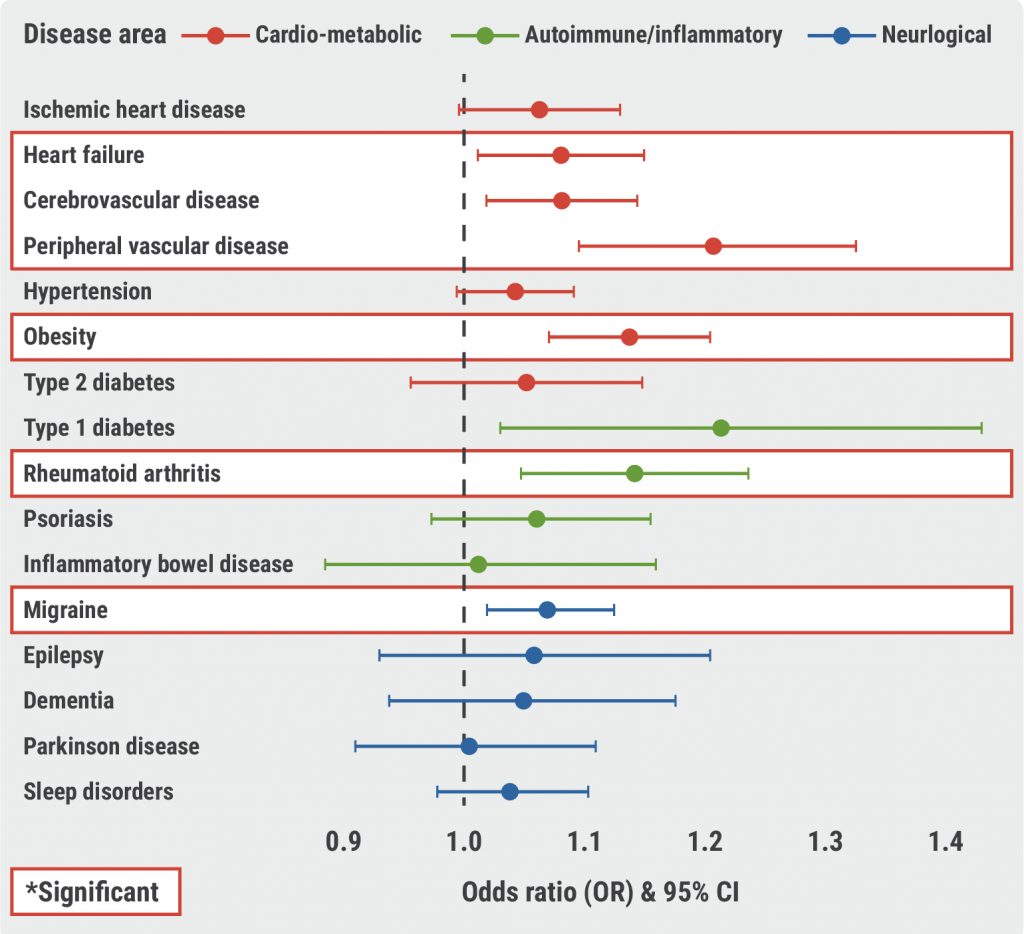"SRIs typically only lead to a partial reduction in OCD symptoms," Dr. Edna Foa of the University of Pennsylvania and Dr. Helen Blair Simpson of Columbia University told Reuters Health by email. "Consequently, some patients seek to augment their SRI's partial response with EX/RP therapy, which involves helping patients to systematically confront realistic OCD-related situations that are safe, yet cause high levels of distress (while) refraining from performing their compulsive rituals."
"Our prior studies examined the effects of SRIs and EX/RP, alone or in combination, and showed that the combined treatment helps many patients to become well," they said. "However, patients who become well face an important dilemma: should they continue taking their medication indefinitely? Would discontinuing it put them at an increased risk of relapse?"
"Our results revealed a somewhat nuanced story," they noted. "In terms of OCD severity...our results suggest that it is possible for many patients who greatly improved on their OCD via EX/RP to safely discontinue their SRI medication. However, the risk of worsening means that this should be conducted under careful doctor's supervision, monitoring for signs of worsening symptoms of depression."
As reported in JAMA Psychiatry, of which Dr. Simpson is an Associate Editor, the 24-week, double-blind, randomized trial included 101 patients (mean age, 31; 55%, women) who had OCD for at least a year; were taking an SRI for at least 12 weeks; had at least moderate symptoms, defined as Yale-Brown Obsessive-Compulsive Scale (Y-BOCS) score of 18 or more points; and received up to 25 sessions of EX/RP therapy.
Participants were randomly assigned either to receive taper to placebo (taper group) or continue their SRI (continuation group).
The primary outcome was Y-BOCS score (range, 0-40 points); secondary outcomes were the Hamilton Depression Rating Scale (HDRS; range, 0-52 points) and the Quality-of-Life Enjoyment and Satisfaction Questionnaire-Short Form (Q-LES-Q-SF; range, 0%-100%) scores.
Outcomes were assessed at eight time points.
At 24 weeks, taper group members had noninferior results compared with those in the continuation group. Mean Y-BOCS scores were 11.47 points for the taper group and 11.51 for the continuation group.
For the HDRS, mean scores were: taper group, 5.69 points; continuation group, 4.61 points.
Mean Q-LES-Q-SF scores were: taper group, 68.01%; continuation group, 70.01%.
However, the taper group had higher rates of clinical worsening (45% vs. 24%). However, in post hoc analyses, patients in the taper group had more clinical worsening only when taking SRIs with half-lives of 26 hours or less (i.e., fluvoxamine, paroxetine, and sertraline).
The authors note, "Future research should evaluate if SRI half-life alters these rates."
Dr. Lawrence Needleman, a psychologist in the Department of Psychiatry and Behavioral Health at The Ohio State University Wexner Medical Center in Columbus, commented on the study in an email to Reuters Health. "Importantly, patients who were tapered off the SRI were tapered to placebo...When people expect to have a positive effect of a medication, it often is self-fulfilling; they show signs of improvement."
Therefore, he said, "A limitation of the study is that although clients in the taper group eventually were not taking the active SRI, their expectations of benefit might have contributed to their maintaining improvement. For this reason, it is important to replicate the study with patients tapering without placebo."
SOURCE: https://bit.ly/3IQkYuU and https://bit.ly/3saT5Hf JAMA Psychiatry, online January 26, 2022.
By Marilynn Larkin
Posted on
Previous Article
« Support for dilated-cardiomyopathy screening in affected families Next Article
Early-onset colorectal cancer in young patients is often advanced at diagnosis »
« Support for dilated-cardiomyopathy screening in affected families Next Article
Early-onset colorectal cancer in young patients is often advanced at diagnosis »
Related Articles

November 26, 2021
Somatic comorbidities of ADHD: epidemiological and genetic data
© 2024 Medicom Medical Publishers. All rights reserved. Terms and Conditions | Privacy Policy
HEAD OFFICE
Laarderhoogtweg 25
1101 EB Amsterdam
The Netherlands
T: +31 85 4012 560
E: publishers@medicom-publishers.com

